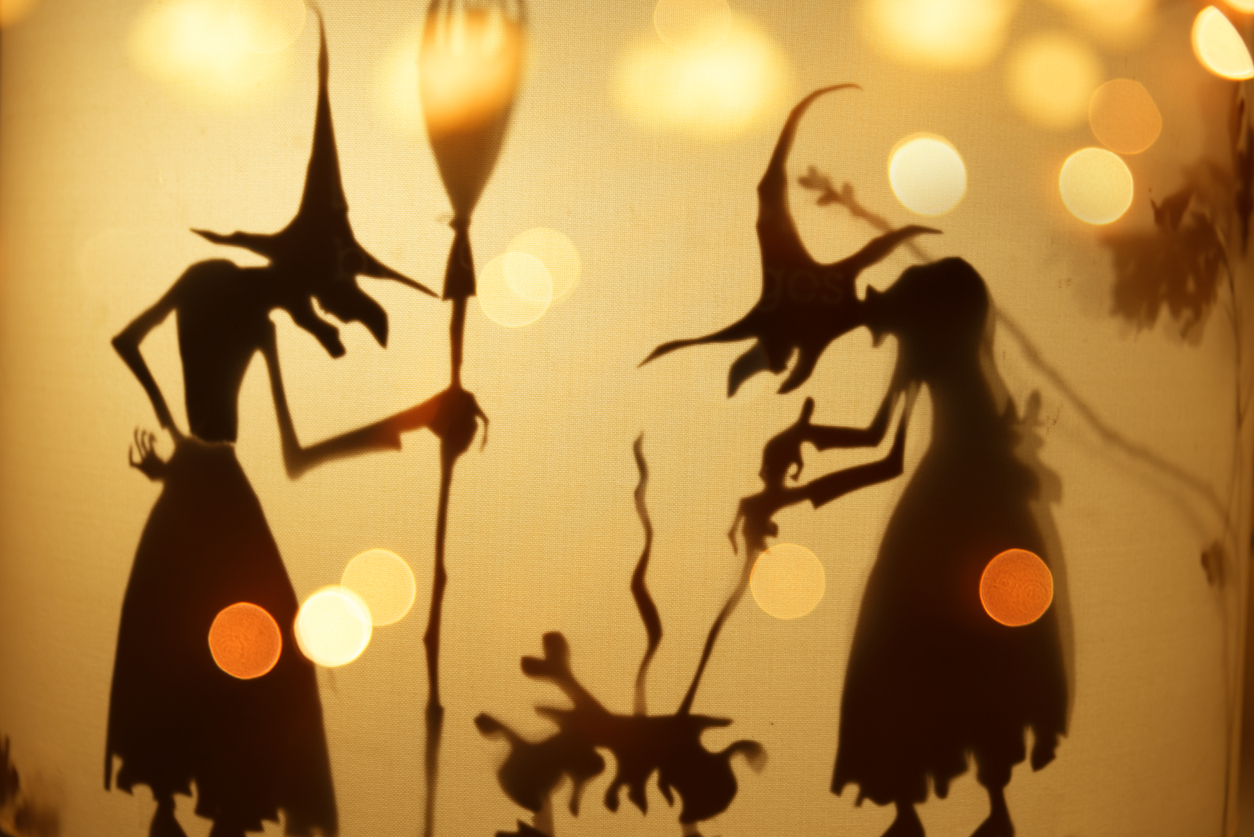Three hundred years ago in Scotland, over two thousand people were burned at the stake as punishment for being witches. Claire Mitchell QC, a criminal appeals court attorney in Edinburgh, is demanding an official pardon for these mostly female victims of superstition.
According to scottishlegal.com, the Witchcraft Act was passed in 1563 and remained in effect for almost one hundred and seventy five years.
Most of the victims were strangled and their bodies were burned to leave no trace of witchcraft or spells. Mitchell remarked, “Doing research in the Advocates Library on ‘Bloody Mackenzie’, a Lord Advocate during the Witchcraft Act, I read a quote from a poor woman who had been convicted of witchcraft.
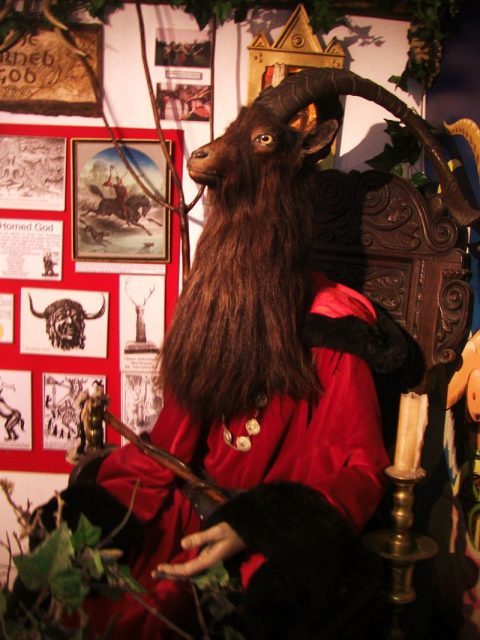
She was so confused that she asked, ‘Can you be a witch and not know it?’ I was very angry and decided to find out more about Scotland’s witches.” The attorney lived near Princes Street Gardens, a site of executions and upon visiting she noticed monuments for war memorials but nothing was mentioned about all of the women who died there. “
Part of the whole thing that angers me is that women weren’t competent to say anything on their own behalf,” she said. “
This is where my interest in history, my interest in human rights, my interest in miscarriages of justice and my interest in ensuring female visibility came together in the one moment and I thought I want to do something about this.”
Mitchell wants three things: an official apology, a public national memorial and an official pardon for those convicted.
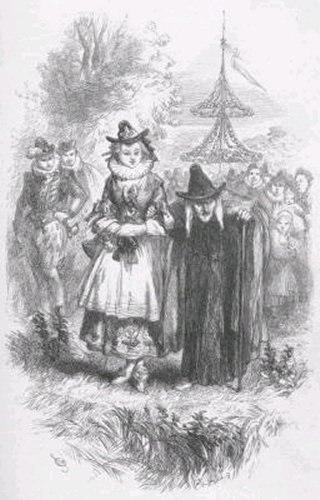
She has started a campaign on Twitter and before Covid-19 lockdowns she had intended to schedule an event along with Edinburgh University historian Professor Julian Goodare and author Sara Sheridan to propose the pardons but even without her colleagues Mitchell is still pushing the Scottish government to proceed.
There will be an online conference in November and a podcast has begun. Recently, according to theguardian.com, the towns of Valleyfield, Culross and Torryburn unveiled plaques in honor of the three hundred and eighty women who were executed for witchcraft in that area.
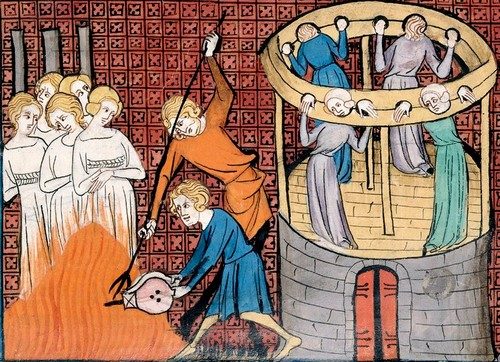
In 1542 Parliament passed the Witchcraft Act which declared witchcraft a capital crime punishable by death. The witch hunt was started by James VI of Scotland who developed an obsession with witches after his mother, Mary, Queen of Scots, was imprisoned by Queen Elizabeth I for eighteen years and then beheaded in 1587 on orders of the queen.
He even wrote a book about the occult, Daemonologie. There are some that believe when Shakespeare wrote Macbeth, he added the three witches to please King James. Ironically, James was the successor to the Crown appointed by Queen Elizabeth I before she died and later ruled England as James I.
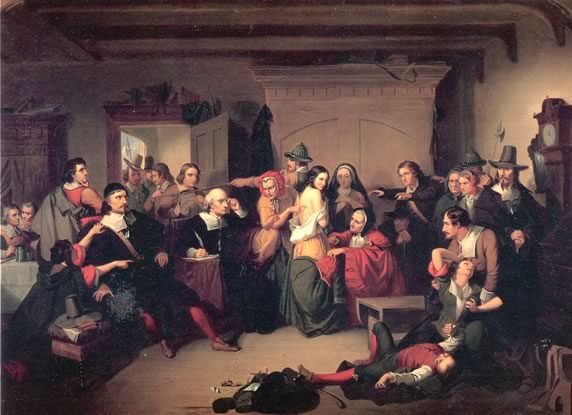
The King attended the trials and instigated a satanic panic leaving hundreds to languish in prisons until they could be publicly tortured for a confession. The usual victims were underprivileged, elderly women who could not defend themselves.
According to parliament.uk, witchcraft became associated with religion in medieval times which gave the Church power to punish and exorcise those they believed were possessed by evil spirits. People blamed unexpected deaths, crop failure and other bad fortune they didn’t understand on witches.
The 1524 and 1604 Witchcraft Acts allowed witch trials to be held in secular courts. Parliament passed a repeal on laws against witchcraft but authorities were still able to imprison people who volunteered the fact that they used magical powers.
A new website has been created, Witches of Scotland at witchesofscotland.com which calls for a campaign for justice for the abused souls of the men and women wrongly accused of witchcraft.
Read another story from us: 6 Common Misconceptions about Witches and the History of Witchcraft
Even the infamous Salem Witch Trials in Massachusetts in the United States which saw less than two hundred people put on trial and fourteen women and five men hanged has issued pardons and a memorial park was built in Salem.
